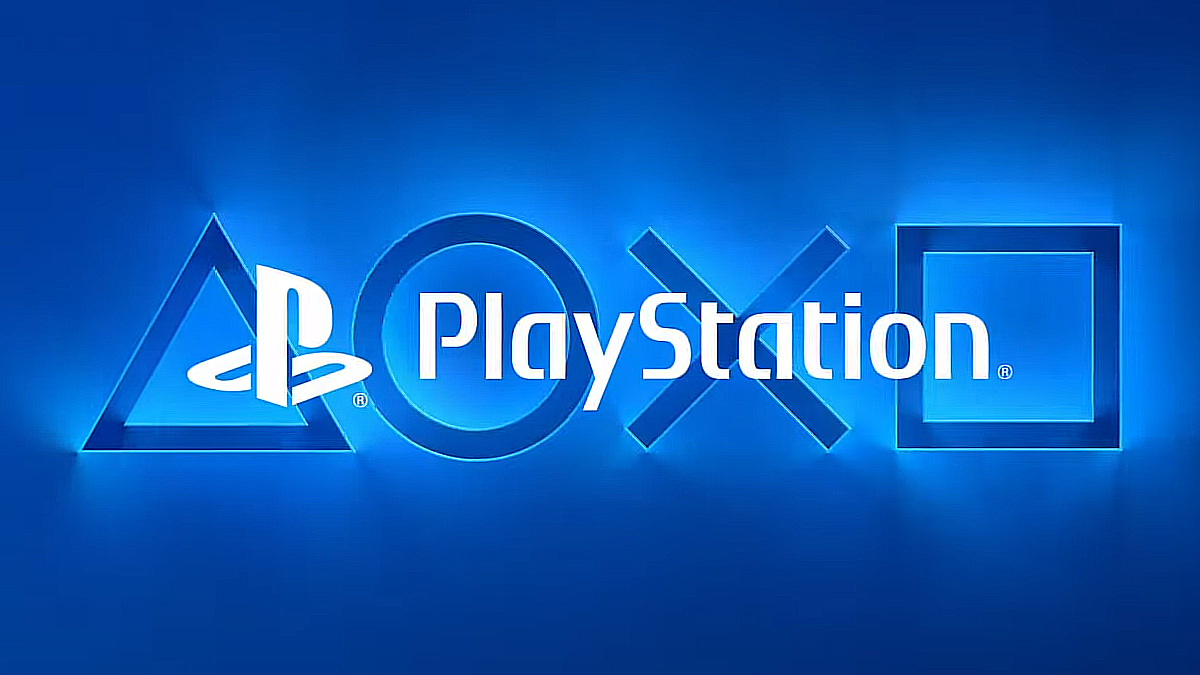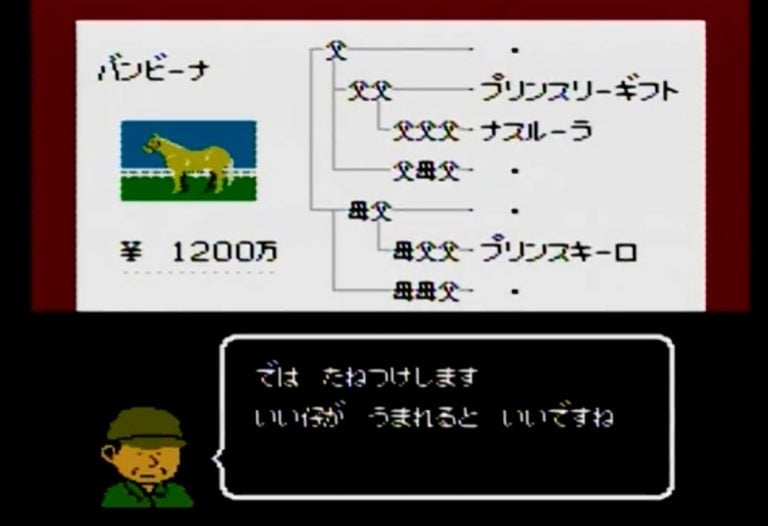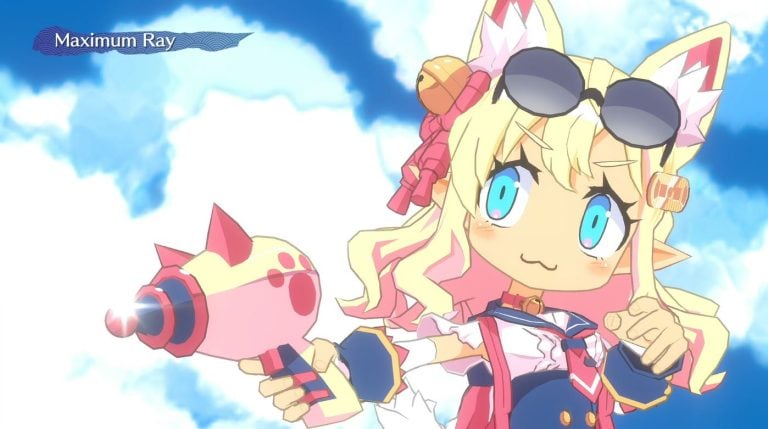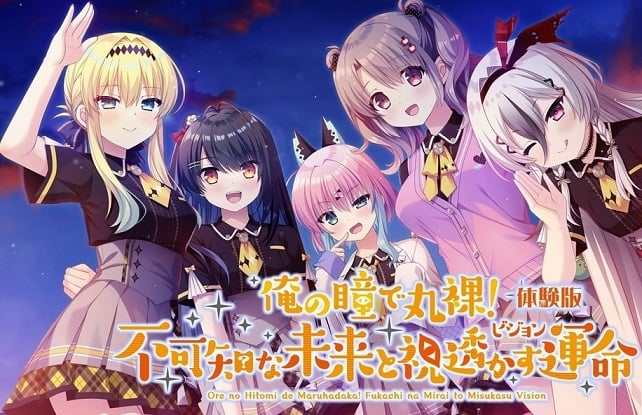PlayStation has been around for almost three decades now, with numerous mascots coming and going over the years. The Sony-owned video game brand just can’t seem to find a character to represent them long-term with even well-received mascots getting the boot. An online post about the brand’s indecisiveness with mascots has users discussing why PlayStation seems to struggle to stick with a single character to represent its brand.
In the X/Twitter post that sparked the discussion, the OP writes “I think PlayStation’s biggest failure is that despite their nearly 30-year history, they’ve never been able to create a character that represents them. They tried their best during the time of the original PS, but they just completely gave up with the PS3, didn’t they?” The OP then points out that the only enduring ‘mascot’ for the brand seem to be the symbols on its console’s controller.
Unlike other big-name video game brands like Nintendo, known for Mario, and Sega represented by Sonic the Hedgehog, Sony’s PlayStation has yet to have a true signature mascot character in its 28 years as a brand. Several PlayStation game characters have achieved mascot status for the positive reception of their game franchises and their popularity among fans. However, this title has always been temporary, with the mascot’s lifespans seemingly always cut short and a new character succeeding them soon after.
Online users and fans of Sony’s PlayStation brand seem to have also noticed the ever-increasing amount of PlayStation mascots over the decades. One user commented, “PlayStation created mascots but couldn’t keep Toro, Astro, nor PaRappa alive and ended up ruining everything.” If a mascot character comes from a game, which is the case for many PlayStation mascots, how long the game series continues to produce new titles may affect how suitable the character is as a mascot in the long run. Unlike mascots like Mario and Sonic, whose games, TV shows, and movies are consistently released, most of Sony’s former mascots have had long gaps between title releases or even indefinite hiatuses.
Among many of the replies to the OP’s post was the mention of PlayStation’s 1999 anthropomorphized cat mascot Toro. Toro Inoue, better known as Toro or Sony Cat, was a Japan-exclusive mascot character originating from the Doko Demo Issyo game series. Countries outside of Asia never really got the chance to see Toro due to the character’s games not receiving English support until the mid-2000s and a lack of overseas marketing. Although the cat may not have caught on with those living abroad, for people in Japan, Toro may be PlayStation’s most recognized mascot. Toro’s cute, simple appearance and funny personality were a hit with many Japanese fans. However, it seems that even his positive reception and popularity weren’t enough to keep him on top as he too seems to have been forgotten by Sony over time.
Users also mentioned how some of PlayStation’s prior mascots eventually became the property of other video game companies. A user commented “In the early days, I think Crash Bandicoot was very close to that position. But the rights went to Konami…” Crash Bandicoot was originally created to be PlayStation’s signature mascot character, a rival to Sega’s Sonic and Nintendo’s Mario, but by 2000, Sony had given Crash to Universal Interactive Studios (now Vivendi Universal). This agreement allowed Universal to use the character as their mascot and Konami to publish Crash Bandicoot games on various popular non-Sony consoles at the time like the Game Boy Color and Game Boy Advance. Similarly, users pointed out that some characters that were heavily associated with PlayStation’s brand such as Metal Gear Solid’s Snake and Final Fantasy 7’s Cloud, and eventually Crash Bandicoot, are actually owned by third parties, making it unlikely for them to become official or ongoing mascots.
Although PlayStation may have initially adopted their most popular game characters as mascots to contend with gaming giants, the brand’s inconsistency in sticking to a single mascot over time might suggest PlayStation may have never needed a mascot in the first place. PlayStation has typically maintained a more mature tone in both its game titles and marketing strategies in comparison to other video game juggernauts, so it might be possible that rather than using their mascot to promote brand recognition, PlayStation uses them to reflect the gaming trends of the era, essentially letting consumers play a part in the brand’s mascot characters through their game preferences and purchasing power.
Although many fans may have found it difficult to say goodbye to so many of their favorite PlayStation mascots over the years, it’s somewhat interesting to look back on the many diverse video game characters chosen to represent PlayStation’s evolving brand identity throughout its history.





